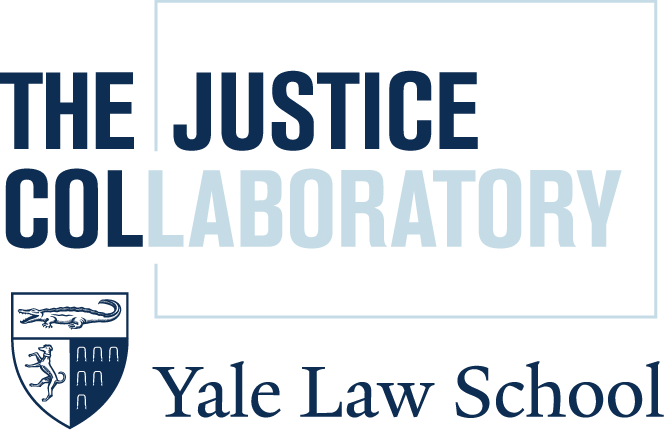The Concord Project: The Connecticut State Department of Correction Procedural Justice Training and Evaluation
Summary
The Justice Collaboratory, in partnership with LaGratta Consulting and the Connecticut State Department of Correction, designed and rolled out an intervention to increase voluntary compliance among incarcerated individuals, namely by giving them a voice, demonstrating to them respect and dignity, being transparent about decision-making, and conveying that correction officers have trustworthy motives. This project also involved training correctional supervisors in practices and tools to increase fairness and respect in their interactions with line officers. Impacts of these trainings were evaluated through a quasi-randomized controlled trial.
Approach
The project began by developing and evaluating a novel procedural justice training curriculum. A final, revised training was delivered to correctional officers. Finally, researchers tested the impact of the training and associated practices through a rigorous evaluation.
The first step of the research process involved developing a procedural justice pilot training. Initial planning and curriculum development activities included planning workshops with agency leadership and mid-level managers, as well as a review of existing policies and forms, and informal observation of standard operating procedures. The pilot training was delivered after insight from feedback sessions informed revisions of the initial draft.
The second part of the project involved an evaluation of the training through a quasi-randomized controlled trial. The impact evaluation was based on three sources of data: surveys with correction officers, surveys with incarcerated individuals, and incident reports (pre and post intervention).
The ultimate goal of the training was to improve communications and trust-building interactions between corrections staff and incarcerated persons, increase incarcerated persons’ perceptions of fairness and trust in staff and the correctional process, and improve correction officers’ job satisfaction. The training offered correctional officers’ tools to enhance their communication strategies to support de-escalation of conflicts, decrease in the use of force, and decrease in grievances filed by incarcerated individuals.
Funding
The project is supported by the Tow Foundation and the Herbert and Nell Singer Foundation.
Researchers
Arielle Baskin-Sommers
Principal Investigator
Dr. Baskin-Sommers is an Associate Professor of Psychology and of Psychiatry at Yale University.
Tom Tyler
Principal Investigator
Dr. Tyler is the Macklin Fleming Professor of Law and Professor of Psychology at Yale Law School and a Founding Director of the Justice Collaboratory.
Emily LaGratta
Researcher
Emily LaGratta of LaGratta Consulting is a justice reform consultant and trainer on procedural justice.
Camila Gripp
Researcher
Dr. Gripp is a Senior Research Associate at the Justice Collaboratory.
Paige Vaughn
Researcher
Dr. Vaughn is a Postdoctoral Fellow in Law and Social Science at the Justice Collaboratory.
Ivana Bozic
Post-Baccalaureate Research Fellow
Ivana Bozic is a Post-Baccalaureate Research Fellow at the Justice Collaboratory.
Thomas O’Brien
Researcher
Dr. O’Brien is a researcher affiliated with The Justice Collaboratory
